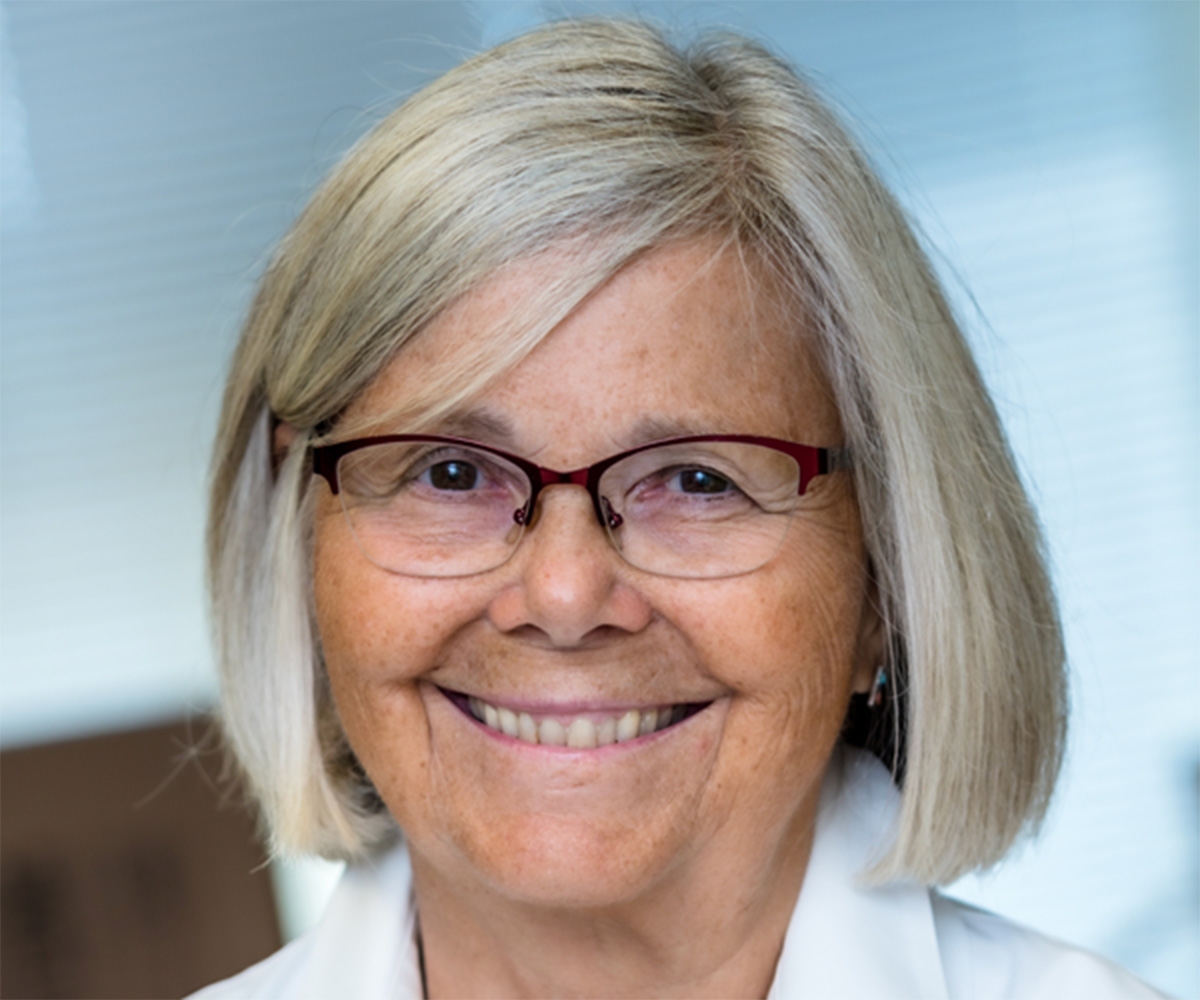

Women carrying mutant BRCA1 and BRCA2 genes are at higher risk for several cancers. There is thus a significant need to identify molecular markers to prevent or catch cancer early in such people. To address this need, researchers co-led by Ludwig Harvard’s Michael Oliphant and Co-director Joan Brugge with colleagues at other institutions explored chromosomal copy number alterations (CNAs) in more than 48,000 individual breast cells isolated from noncancerous breast tissues of 28 women with both high-risk BRCA1/BRCA2 germline mutations or with unaltered BRCA genes. In the November issue of Nature Genetics they reported that almost all women had a small subset of breast cells (about 3%) that harbored one to four specific CNAs commonly found in cancerous tissues. These CNAs—which arise in BRCA1/2 mutant carriers prior to the loss of the remaining normal copy of the genes (loss of heterozygosity), a key step in cancer progression—were found exclusively in luminal cells that line breast ducts, the presumed origin of most breast cancers. In a few women with high risk BRCA1/2 mutations, the researchers identified cells that carry an additional set of CNAs, including deletion of the normal copy of BRCA1 or BRCA2—presumably cells on their way to breast cancer. The findings suggest these rare aberrations in luminal cells may be some of the earliest events in the evolution of malignant breast tumors.
Luminal breast epithelial cells of BRCA1 or BRCA2 mutation carriers and noncarriers harbor common breast cancer copy number alterations
Nature Genetics, 2024 November 20